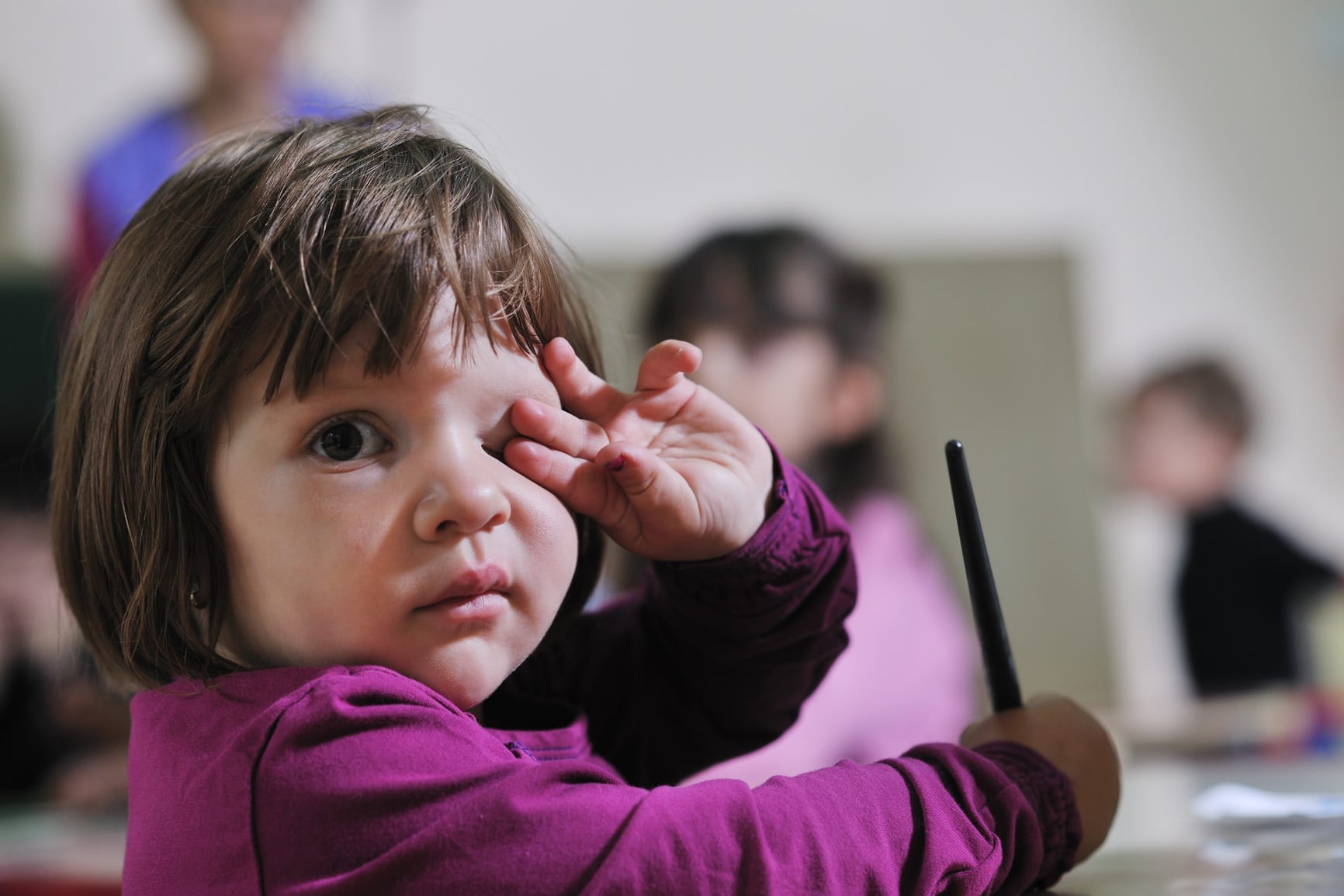Critical issues in education are issues that are of real importance to education. They are the important elements which require focus in order to continue forward and offer our students better opportunities, or critical issues in education can be those barriers which het in the way. So what are the most critical issues in education nowadays?
Many of the answers to this question are shaped by personal perspectives, experiences and positions in today’s modern world of education. That being said, the question is a useful one which challenges us to rank the many challenges and issues, this allows us to devote our energy, time and resources where they are most needed. One of these areas would be media literacy.
What is Media Literacy and How Does it Affect Children?
Literacy has for centuries referred to the ability of reading and writing. Nowadays however, our information is provided via an interwoven system made up of media technologies. In the 21st century, to be able to read the many types of media, has become an essential skill therefore media literacy nowadays is the ability to access, evaluate, analyze and create media.
With all that is going on In the Media, How important is it For Children to be Media Literate?
Children and youth that are media literate are better to understand the complex messages which are being passed on through the Internet, television, newspapers, radio, books, magazines, video games, billboards, music, and any other form of media out there. It will enable them to better understand what news is true and false and therefore make decisions in multiple areas of their lives that are better informed and educated.

What Does Media Literacy Look Like at Home?
It is important to not underestimate the influence of the media. By the time a child has reached mid-adolescence that will have watched thousands more hours of television than they would have spent with family or teachers. Add to that the hours that are spent playing video games, surfing the Internet, listening to the radio, watching DVDs and videos, going to the movies, I think it is clear the kind of effect that the media can have.
By helping children at home to be media literate, you can help to protect them from the pressures placed on them via advertisements and other forms of media to drink, smoke, do drugs, eat unhealthy foods, have sex, etc. We can also assist them in building communication skills, put the portrayals of others and themselves into perspective, encourage them to take into consideration various interpretations of the messages sent out by the media, and improve their habits of media use. By doing this at home, the entire family’s habits of media use can improve and a more productive behavior can be promoted among all family members.
What Does Media Literacy Look Like at School?
In the educational standards of every state, media literacy skills are included and this is done so in many subjects. Many educators have come to believe that the use of media literacy is an effective and engaging way for students to apply critical thinking skills in many issues. We can no longer separate media literacy from education. We are already teaching basic skills such as reading, writing, language arts and history so that they may grow up to be adults and citizens that are useful and productive, therefore they must also learn about the media.
What Can Parents Do?
As a parent it is first important to realize that media literacy is in no way media bashing, it should not be your goal to ridicule the media. Remember that the media is a dominant force in our culture and a very important part of the lives of our children. You must teach them to evaluate the media fairly, not denigrate it.
As these skills are employed at home, never forget that in discussion lies the heart of media literacy. Amongst the many activities that can be done with our children discussing what we watch, read and hear is the most important. Make sure to have relaxed discussion, it is not about having the right answer it is about drawing their ideas out and guiding them to examine what they see and hear in a critical fashion.
Help them explore the answer and expand their thoughts, to focus on perceiving what they view. It is not about the questions asked, it is about getting them to express and challenge all that they hear and see. They are capable of reading between the lines and understand what movies, music videos, video games, etc. are actually trying to say to them. It takes patience and walking them through their own answers and questions, however it will be worth it to raise intelligent adults who know what they believe and are not easily swayed.
The 15-Minute Media Literacy Lesson
News and Media Literacy
How do I talk to young kids about scary events in the news?